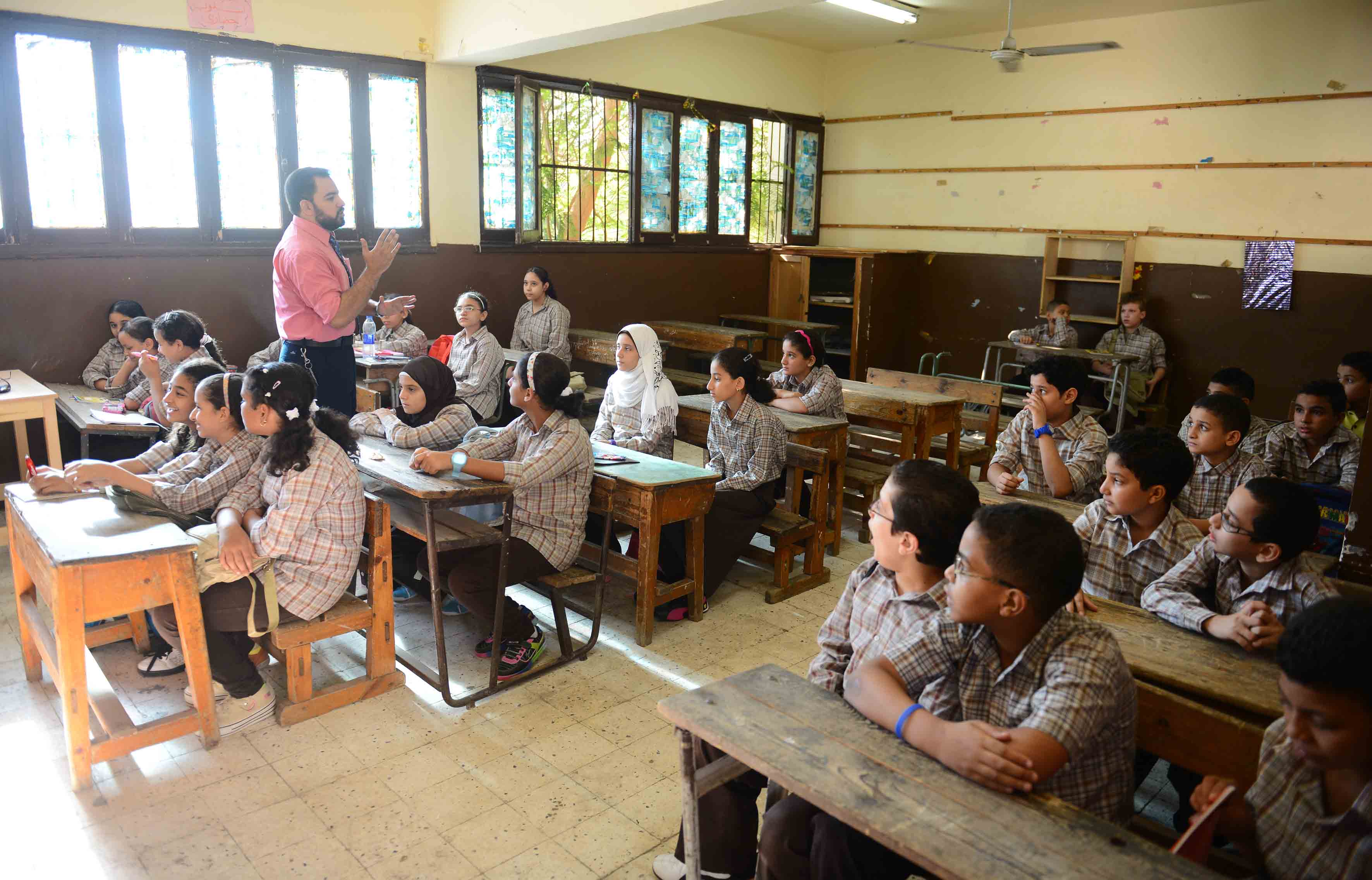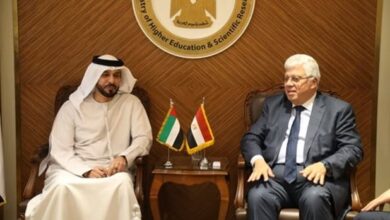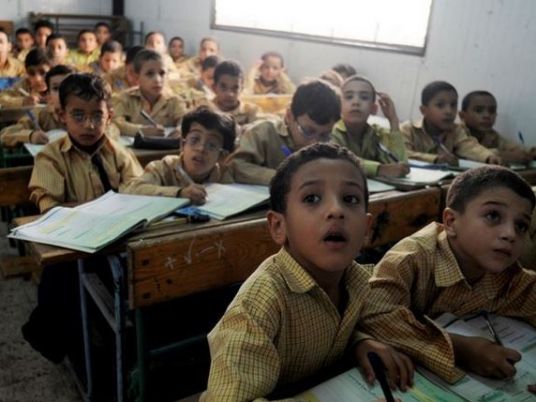A press conference was held last Sunday night to announce a new era for the Faisal Nada Theater. Faisal Nada and his manager, Adel Said, will be putting together an academy for the performing arts, but have decided it will be an academy in the “Latin sense of the word,” according to Said. Said and Nada believe that there is a need for a space in which people who are talented and passionate can gather and produce together. “Because of bureaucracy, much of this country’s talent has been pushed underground,” explained Said.
Nada, a writer for television, theater, film, and radio, owns the Faisal Nada Theater (also known as Hoda Sharawy’s Theater, built in 1923 and host to Egyptian musical icons Om Kalthoum and Abdel Wahab), which has recently been advertising an upcoming play called Ahebak Ah, Atgawizak La’ (I’ll Love You, Yes, Marry You, No).
Although Nada’s accomplishments are many, the theater has slowed down considerably over the past few years. It seems high time that Nada take it in a new direction. According to Nada, the hope is in “Egypt’s youth–a group that needs guidance and support to create their art.” The academy plans to do both, bringing the talent and passion of the youth into the spotlight, literally.
Said believes that over the past 50 years, Egyptian culture, in a struggle to survive, has disappeared into small private social circles, emerging in gallery and performance spaces that have, over time, become increasingly commercial. “The Faisal Nada Academy will resist this,” stated Said.
The plan is to bring experience together with fresh talent, to reach out to young artists–musicians, scriptwriters, directors, and others–and provide them not only with the theater as a resource, but also with experienced teachers and mentors. The academy will provide structured courses in scriptwriting, cinography (which brings together sound, light, and set design), and direction, but will not offer a formal degree. “We have dreams of this for the future,” explained Nada. “But any dream must begin as something smaller.”
According to Said, the academy is not affiliated with the Ministry of Education, and is being created as what Said and Nada believe is a “social service.” Admission into the academy will require some level of education and a “symbolic fee,” which, according to Nada, is meant to keep out people who would use the academy’s resources even if they are not really passionate about the performing arts. Any other fees, such as nominal ticket prices, will be used to “keep the academy and the theater working,” explained Said.
The theater will still function as a rental space for productions and for Nada’s work.




